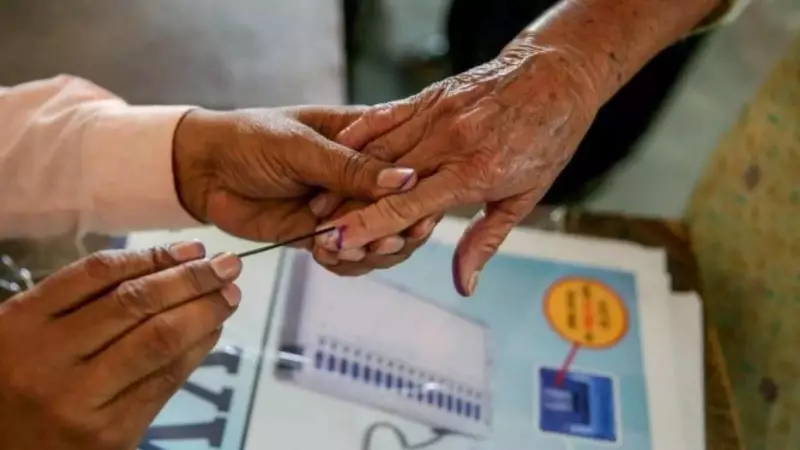
As Bihar prepares for crucial assembly elections, political analysts are witnessing a surprising phenomenon: Chief Minister Nitish Kumar appears to be weathering the anti-incumbency storm that typically plagues long-serving leaders.
The Nitish Kumar Enigma: Defying Political Norms
Despite completing multiple terms in office, ground reports suggest that strong anti-incumbency sentiment against the JD(U) leader remains notably absent. This defies conventional political wisdom that typically works against incumbent governments after extended tenures.
Political observers point to several factors contributing to this unusual scenario:
- Nitish Kumar's image as 'Sushasan Babu' (Mr. Good Governance) continues to resonate with certain voter segments
- Strategic alliance management and political maneuvering have kept opposition fragmented
- Development initiatives and social welfare schemes maintain some grassroots connect
- The absence of a unified, credible alternative leadership
Ground Reality vs Political Narratives
While opposition parties are attempting to build anti-government sentiment, their efforts haven't translated into widespread discontent against the chief minister personally. The dissociation between anti-government feelings and personal anti-incumbency against Nitish presents a unique electoral dynamic.
"The traditional anti-incumbency wave that normally sweeps out long-serving governments seems to be missing in Bihar's case," noted a senior political analyst familiar with the state's landscape.
Strategic Positioning and Electoral Mathematics
Nitish Kumar's ability to maintain relevance despite numerous political shifts demonstrates his strategic acumen. His positioning as a development-focused leader, coupled with careful caste calculus and alliance management, has created a buffer against typical anti-incumbency forces.
The upcoming elections will test whether this perceived lack of strong anti-incumbency translates into actual electoral gains or if underlying discontent emerges during campaigning.






